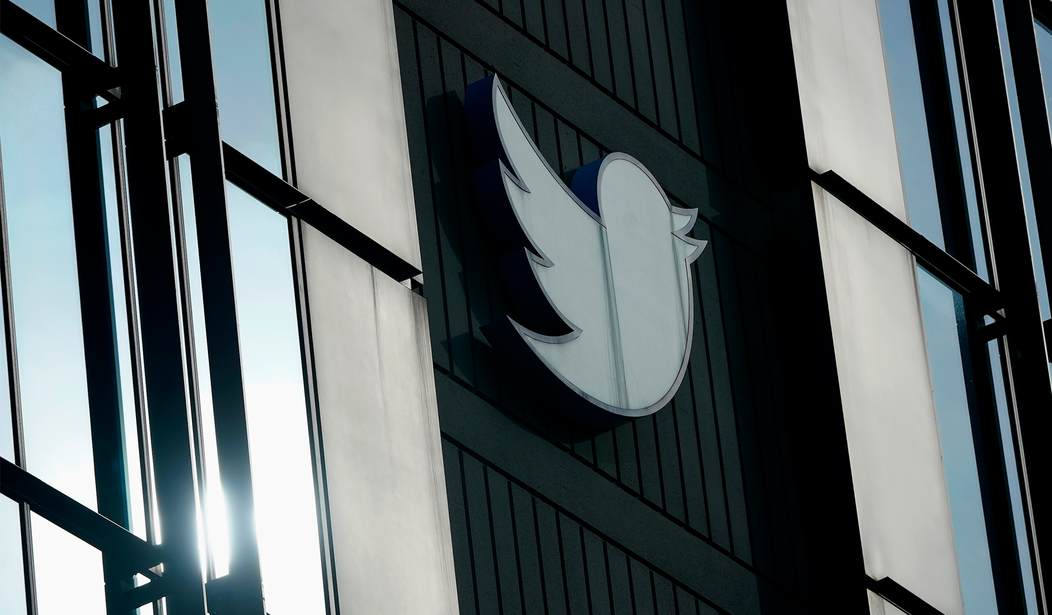The Canadian Broadcasting Corporation (CBC) has confirmed that it is returning to Twitter, less than a month after announcing that it would leave the platform in protest of Elon Musk’s decision to label them as state-affiliated media.
In an article entitled “The threats to press freedom in Canada and around the world,” the state-backed broadcaster explains that at “the heart of press freedom is the understanding no external government, group or special interest should influence a news organization’s journalism.”
The article goes on to explain that despite receiving money from the Canadian government, the corporation maintains its editorial integrity:
A few weeks ago, Twitter CEO Elon Musk labelled the CBC’s Twitter account as “government-funded,” along with several other public broadcasters around the world, prompting a swift response. A number of broadcasters, including CBC/Radio-Canada, paused their activity on their official Twitter accounts or announced they’re leaving the platform.
As I noted at the time, the controversy is not really about delineating how public broadcasters are funded. (For the record, CBC/Radio-Canada as a Crown corporation received more than $1.2 billion in federal funding in 2021-22, and generated another $650 million by other means, such as advertising, subscriptions and syndication of its content.
It continues:
Rather, the problem is that Twitter’s posted definition of “government-funded” referred to outlets that “may have varying degrees of government involvement over editorial content.” And Musk has on several occasions linked government funding to state influence and media bias.
No government has involvement or influence on the journalism of CBC News and Radio-Canada Info, our French-language service. CBC’s editorial independence is enshrined in Canada’s Broadcasting Act, and also its publicly available journalistic standards and practices (JSP), to which the news divisions are held accountable by independent ombudsmen.
After we paused our Twitter activity, our account’s label was changed three times, before it disappeared — all in the space of a week.
However, the corporation goes on to admit that it will be returning to the platform and claimed its decision to walk away from Twitter was part of an ever-developing “social media strategy”:
To be clear, CBC News has been reviewing and adjusting its social media strategy for more than a year, long before these sudden changes at Twitter, which also included the abandonment of its verification program for accounts. Our focus remains on social platforms that prioritize healthy communities and or provide us better opportunities to grow new audiences.
Today, we will resume some activity on a handful of umbrella Twitter accounts, including @CBCNews, but we will significantly reduce our overall Twitter footprint and continue to assess the platform against our strategy.
In response to CBC’s decision to return to the platform, Twitter owner CEO Elon Musk posted an image from the film Brokeback Mountain with his face superimposed on Jake Gyllenhaal’s character with the quote from the film, “I wish I knew how to quit you.”
Twitter CEO and owner Elon Musk has spoken repeatedly of his intention to make Twitter not only a space for free speech and communication but also a place where users can get reliable and verifiable information without the influence of outside interests.
— Elon Musk (@elonmusk) May 10, 2023
Another high-profile media corporation to row with Musk’s Twitter over his decision to label them as state-affiliated media is National Public Radio (NPR), which has boycotted the platform since April 12th last month. Last week, Musk threatened to reassign the organization’s Twitter handle to another company if the account were to remain inactive.














Join the conversation as a VIP Member